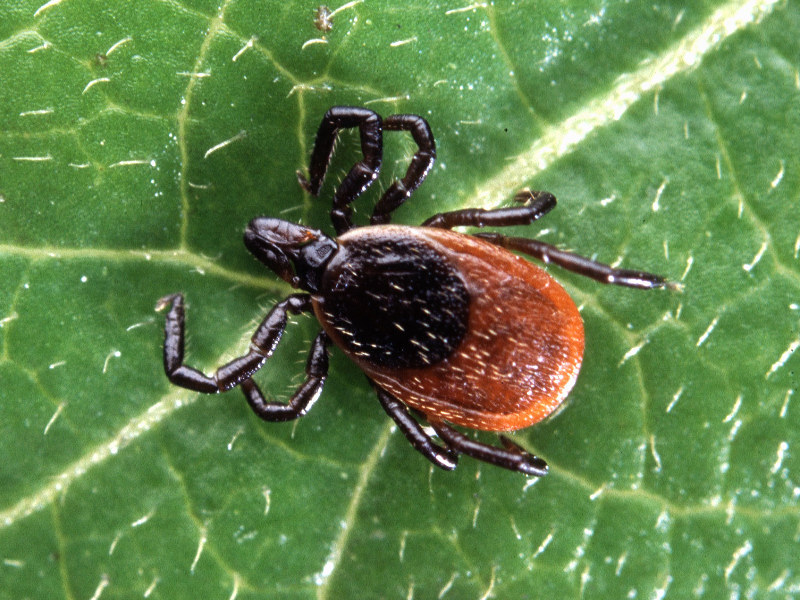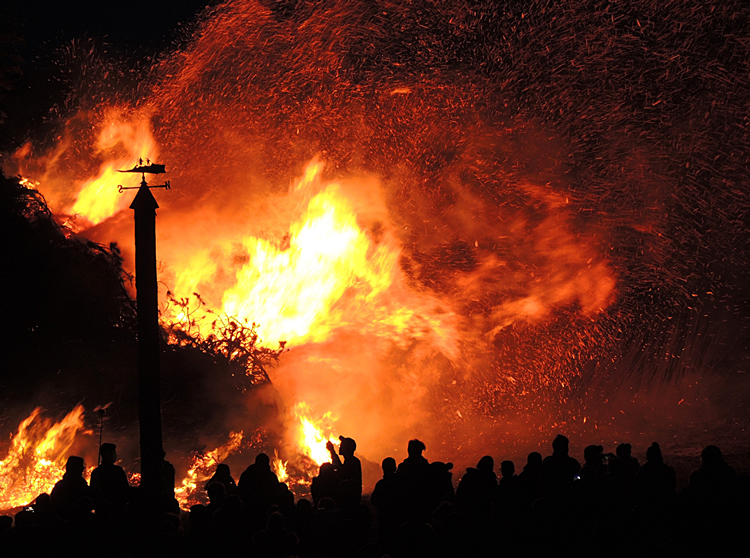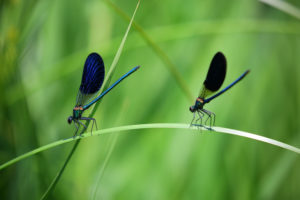With recent worldwide media coverage of the Australian wildfires, we have seen first-hand the impact on koalas. What do the fires mean for tick populations?
Will there be a reduction in ticks? There are actually a few ways that insects, including ticks, will be affected by these vast fires. Perhaps the effect will not be fully felt for years.

Slow-moving insects will be unable to escape the fires.
Of course, flying insects stand a much better chance of getting away from forest fires. Any slow-moving, crawling insects that are in areas of the Australian wildfires will not be able to escape. Beetles, for instance, might have smaller populations focused in smaller areas where the fire has left every inch of forest charred in its wake. It is believed that some rarer species of insects could become extinct, but it could take years to determine insect extinctions caused by these fires. Ticks, among slow crawlers, which attach themselves to leaves and underbrush on the forest floor, will be eliminated in areas of fire.

Southern states in the U.S. have actually decreased tick populations with fire.
Though it is not as prevalent over the last few years as it used to be, Georgia and other southern U.S. states have seen great reductions in tick populations resulting from yearly scheduled controlled burning of forest underbrush. There, the most prominent tick is the Lone Star tick. Controlled burns are typically done to rid forests of potential wildfire tinder, in an effort to prevent large brush fires like those we have been seeing in Australia. As an aside, those fires work to decrease tick populations, and lessen the odds of tick-borne illnesses.

What other impact might wildfires have on insect populations?
 Aside from burning insects out of house and home, wildfires can have a several other effects on populations. For instance, insects, which feed on certain vegetation will see a decline in their food sources. On the flip side, flies, which by nature work to decompose animals and vegetation, will see short-term benefits after the fires. Ash debris and loss of forest shade over streams will have a negative affect on near-water-dwelling insects, such as mayflies. Areas of streams that are open to sunlight will lose their healthy levels of humidity required for stream ecology.
Aside from burning insects out of house and home, wildfires can have a several other effects on populations. For instance, insects, which feed on certain vegetation will see a decline in their food sources. On the flip side, flies, which by nature work to decompose animals and vegetation, will see short-term benefits after the fires. Ash debris and loss of forest shade over streams will have a negative affect on near-water-dwelling insects, such as mayflies. Areas of streams that are open to sunlight will lose their healthy levels of humidity required for stream ecology.
It is not wise for us to depend upon burning of forest underbrush, or sweeping wildfires to eliminate Central Mass tick populations. The best tick protection you can offer your family in Central Mass is with professional tick control.